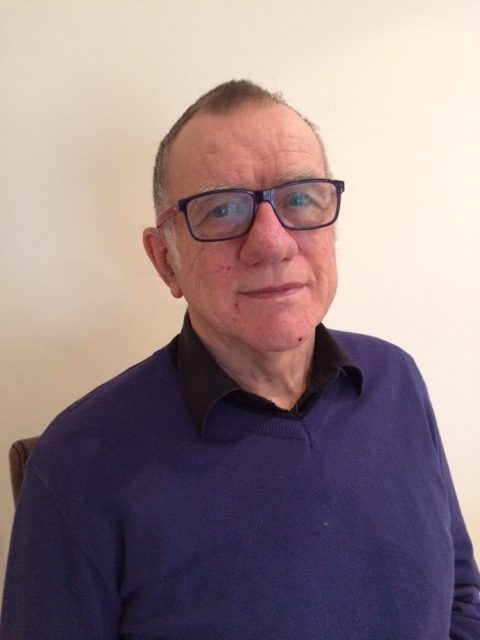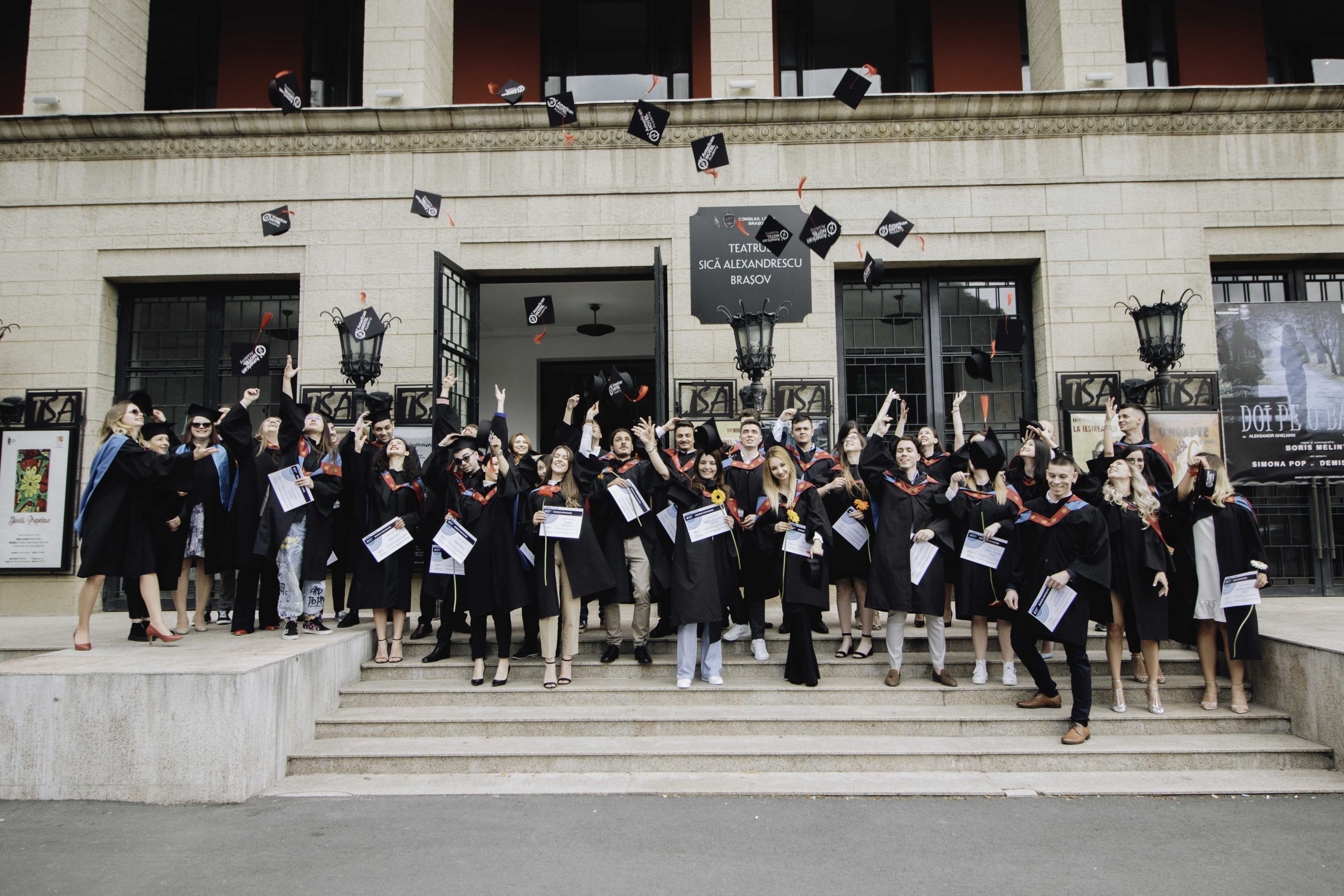
Humans of AHA – John Fenby
Introduction
If we would say John is one of the longest tenured academic collaborators and academic consultants for American Hotel Academy, we wouldn’t be wrong. In fact, he was there when the link between MMU and AHA was established. He has been involved since the very beginnings of AHA, either in terms of programme development or through advising on academic issues. However, let’s not forget the teaching part.
He is an interior and building designer by profession as well as an educator. This has helped him become an organized and analytical person. He is also a person with a deep sense of humour who fights for what he believes in. His students are his allies, and he will explain concepts during a course over and over again until they could understand them. He was Dean at the International Management Institute in Luzern for 4 years and now he embraces delivering online higher-education programmes. He knows everybody sees change differently, but the future belongs to the ones that fight for what they believe in, and that is what John continues to do by embracing online education.
Interview
How has the pandemic affected your teaching?
It has meant that I have had to engage in a rapid ‘learning curve’ related to online delivery as 100% of classes have moved online. The ‘learning curve’ has related to the adaption of teaching materials for online delivery through to class control in an online context.
For example, for seminar and smaller tutorial group work, class activities have to be much more tightly controlled from a time and task perspective, as when not physically present with the students it is much more difficult to ‘read’ class progress and adapt timings. For online sessions with larger groups of students, where it isn’t possible to physically see everyone, there has to be an acceptance that students might not always be fully engaged, e.g., they might just be distracted by other activities happening at home, and that is a personal student learning choice or a result of unavoidable home circumstances.
What changes do you see in your students because of the pandemic?
For some, greater involvement in learning, i.e., free from other distractions, for others, an opportunity for distraction from learning. For some, becoming better at taking personal responsibility for learning and also becoming familiar with a new learning vocabulary related to an online context. It is actually difficult to fully see changes with all students in an online context as the opportunities for the informal contact associated with face-to-face teaching are less, e.g., the chat over a cup of coffee at break or lunch.
“It has meant that I have had to engage in a rapid 'learning curve' related to online delivery as 100% of classes have moved online” - John Fenby on pivoting to online learning
How long have you taught at AHA and what is the story behind your long-term collaboration?
For about ten years. I was involved in setting up the original link between MMU and AHA, basically, I have been involved since the very first beginnings of AHA, e.g., programme developments, advising on academic issues when asked and teaching.
How do you find AHA’s Master’s students?
Generally good, academically very able with a high level of English language capability (I can say the same about most students I encounter at AHA at whatever level). Also very sociable, with a good sense of humour.
What do your MSc students have to do to pass the class?
Pass the assessment, but that means they really do have to attend each class. The assessment is the writing of a Project Management Plan; it’s an unfamiliar concept to most students so usually quite a bit of tutor assistance and guidance is necessary. However, it is a really interesting assessment for most students as they get to develop a project management plan that might relate to a future business opportunity or be of personal professional value.
What has been your biggest challenge, professionally speaking?
There have been so many over the years that it is difficult to isolate a single challenge. I have two professional backgrounds, one related to building design and construction projects and the other in education, although there is overlap in terms of the subjects I have taught. In terms of building design and construction projects, it is always meeting client need as the client isn’t always sure what it is they need. In terms of education, probably my role as the Dean of a university college.
How do you see the future of higher education? Online, on-site? Both?
Blended, i.e., a possible mix of online and on-site classroom learning. The ‘blend’ will vary from student to student and depend upon their personal circumstance, for some, it might have to be wholly online (particularly for mature students), for others it will be a variable mix of online and on-site. The current Covid pandemic has accelerated the development of online learning and even if students are physically based at a particular institution the online opportunities for learning will be an increasing facet of their educational activities.
“Generally good, academically very able with a high level of English language capability (I can say the same about most students I encounter at AHA at whatever level). Also very sociable, with a good sense of humour.” - John Fenby, on our MSc students
Please send a message to the future students of our MSc programme!
Join, it’s a great programme and you will enjoy it. You will also engage in a UK-related learning experience that is unique in Romania.
What is AHA’s strongest point, from your point of view? Why should someone choose AHA?
Commitment to its students and the quality of its programmes. AHA is an organisation constantly striving to develop and improve and as a student you will become an Alumni of what is and will continue to be, one of Romania’s best University Colleges.




